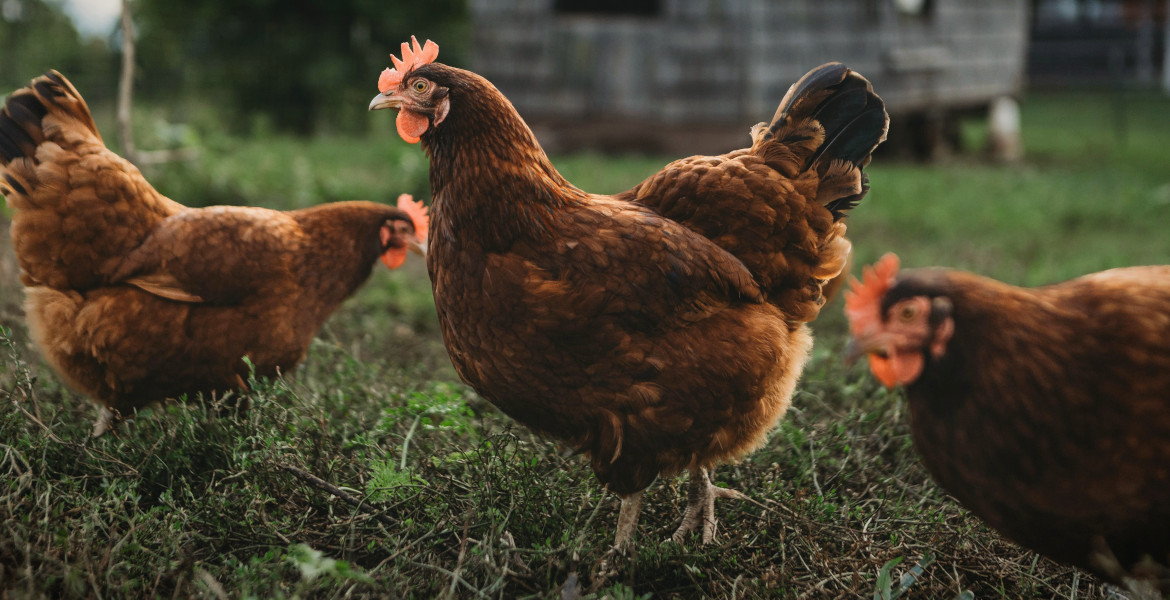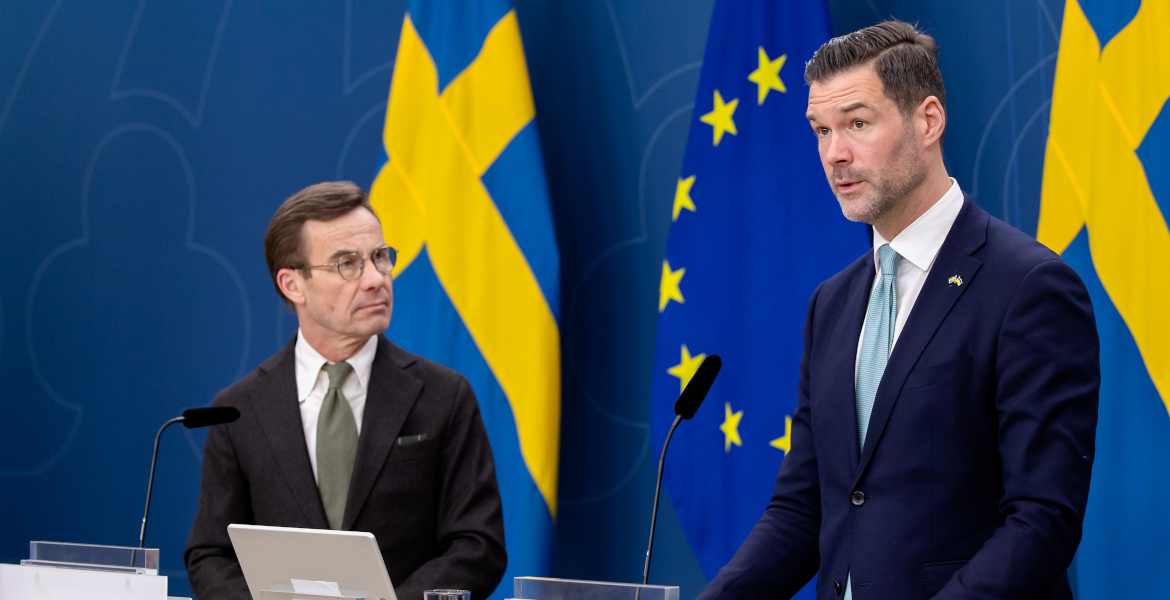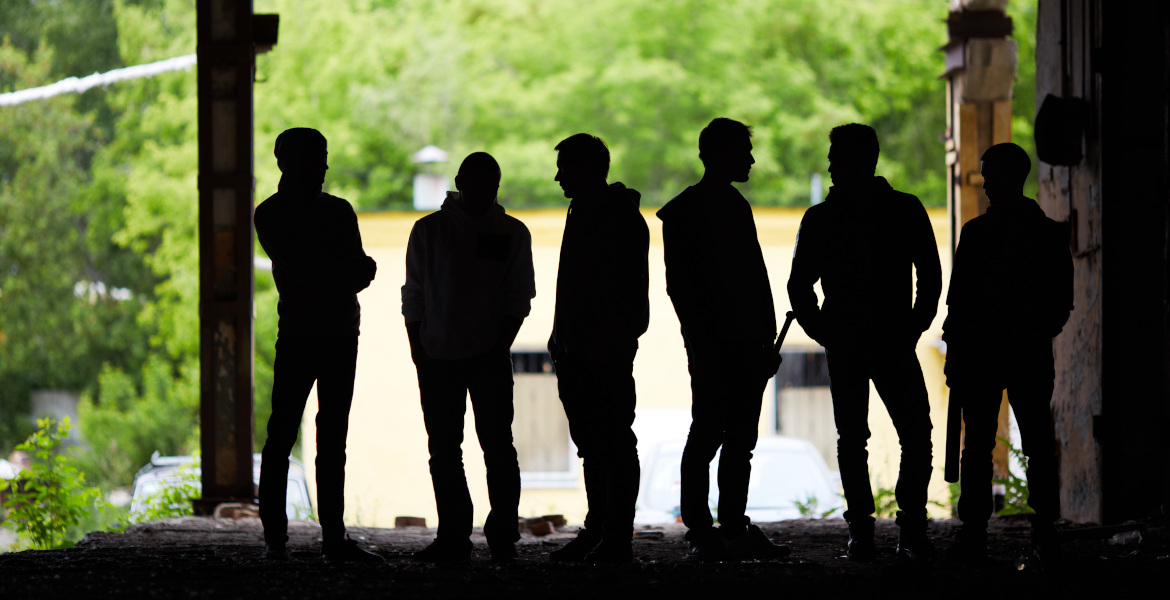According to Animal Rights Sweden (Djurens Rätt), Sweden is now completely free from caged hens – despite the absence of a legal ban.
This is shown by statistics compiled by the animal rights organization from Swedish county administrative boards and the egg industry. The organization describes it as a breakthrough after more than 50 years of work against cage farming and claims a significant part of the credit for this development.
– Sweden being cage-free is enormously important for the hens – and a victory for all who have stood by their side. Animal Rights Sweden's members have shown that change is possible, even when politics fails, says Benny Andersson, Secretary General of Animal Rights Sweden.
According to the organization, Sweden is the first country in the world to eliminate caged hen farming without an explicit legal prohibition.
"Advocacy work makes a difference"
Opposition to cage farming began in the 1970s. In 1988, the Swedish Parliament decided to ban cages, but when the ten-year transition period expired, cage farming remained – and the law was changed. According to Animal Rights Sweden, this led to an intensification of their work.
The organization highlights reports such as "The Hen or the Egg" (2009) and "Release the Cages" (2022), along with recurring information campaigns and corporate dialogues. Another important step was the "Animal-Friendly Municipality" initiative, where all Swedish municipalities eventually opted out of caged eggs in public procurement.
Since 2008, over 85 companies in Sweden – including grocery chains, hotels, and restaurants – have rejected cage farming after discussions with the organization. According to Animal Rights Sweden, this has been crucial for the development. They estimate that at least 17 million hens have avoided a life in cages since then.
– It's the committed animal friends around Sweden who have brought this to shore. We have influenced companies, municipalities, and run campaigns without giving up. This is clear proof that long-term and persistent advocacy work makes a difference, says Benny Andersson.
"Sweden must take the next step"
In parallel, Animal Rights Sweden has been involved in the EU's work to phase out cage farming. The organization has collected over 50,000 signatures for the European Citizens' Initiative "End the Cage Age". A legislative proposal was expected in 2023 but has been postponed to 2026.
Even though cages are practically gone in Sweden, Animal Rights Sweden argues that the work is not finished.
– We have seen fantastic development, but now Sweden must take the next step. Animal Rights Sweden demands an immediate legal ban on cage farming. There's nothing to wait for now, urges Benny Andersson.
Despite the empty cages, many critics argue that Swedish hens still live under substandard conditions – for example, in crowded barns with thousands of individuals, where access to outdoor areas is often completely lacking.
The path to a cage-free Sweden
- 1988 – A new Swedish animal welfare law promises to ban cage housing. At this time, 95 percent of Sweden's laying hens are kept in conventional battery cages.
- 1997–2005 – The promised cage ban is withdrawn. Only conventional battery cages are banned. Egg labeling is introduced to allow consumers to opt out of cage eggs.
- 2008 – Djurens Rätt (Animal Rights Sweden) launches its first major corporate campaign against cage eggs. Hemköp, a Swedish grocery chain, becomes the first to take a stand. At this time, 40 percent of hens are kept in cages.
- 2013–2017 – Several major Swedish grocery chains, including Coop, Willys, Lidl, Netto, and City Gross, stop selling cage eggs. The proportion of caged hens drops rapidly.
- 2017 – Djurens Rätt expands its work to include private label products in retail chains. The proportion of caged hens decreases to 13 percent during this period.
- 2019 – After dialogue with Djurens Rätt, Sweden's three largest wholesalers adopt policies against cage eggs. The "Free the Cages" campaign is launched. The proportion of caged hens drops to 8 percent.
- 2020–2021 – The EU Commission promises to implement a ban on cage farming, following the End the Cage Age citizens' initiative, where Djurens Rätt was a driving force.
- 2021 – After a 13-year campaign, ICA (Sweden's largest grocery retailer) says no to cage eggs. 95 percent of Swedish municipalities have also opted out of cage eggs in public procurement. Only 3.5 percent of hens are now kept in cages.
- 2024–2025 – The wholesaler Martin & Servera completes its phase-out of cage eggs. In total, over 85 companies have adopted policies after dialogue with Djurens Rätt. Less than 1 percent of hens are kept in cages.
- 2025 – Djurens Rätt receives official confirmation: All cages in Sweden are now empty.
Source: Djurens Rätt






